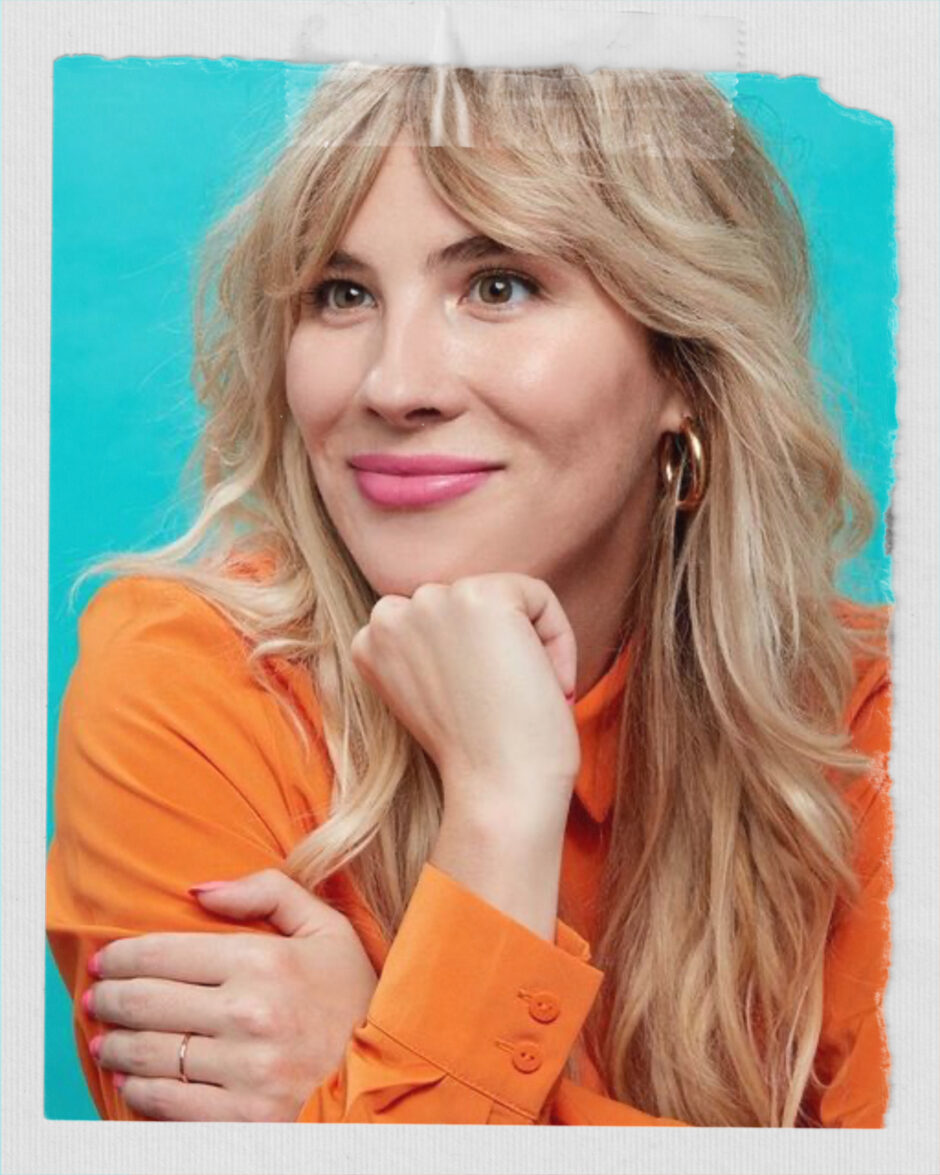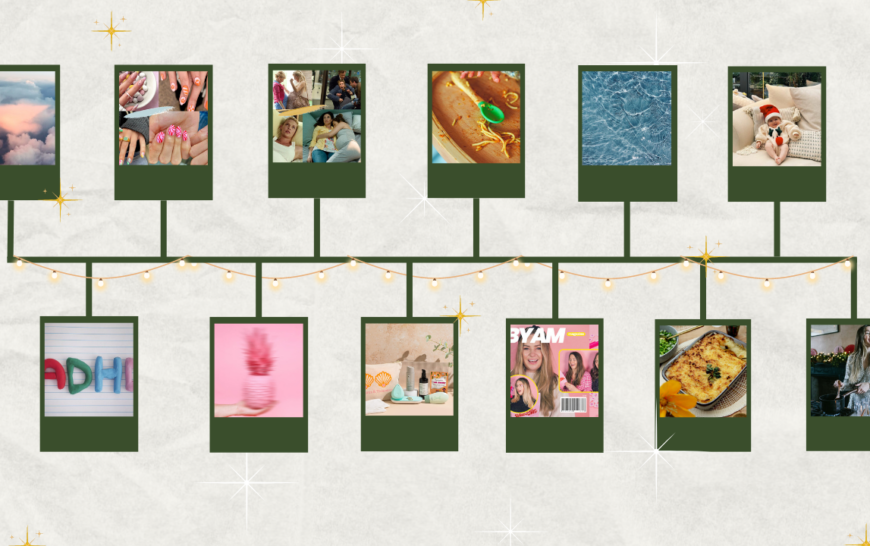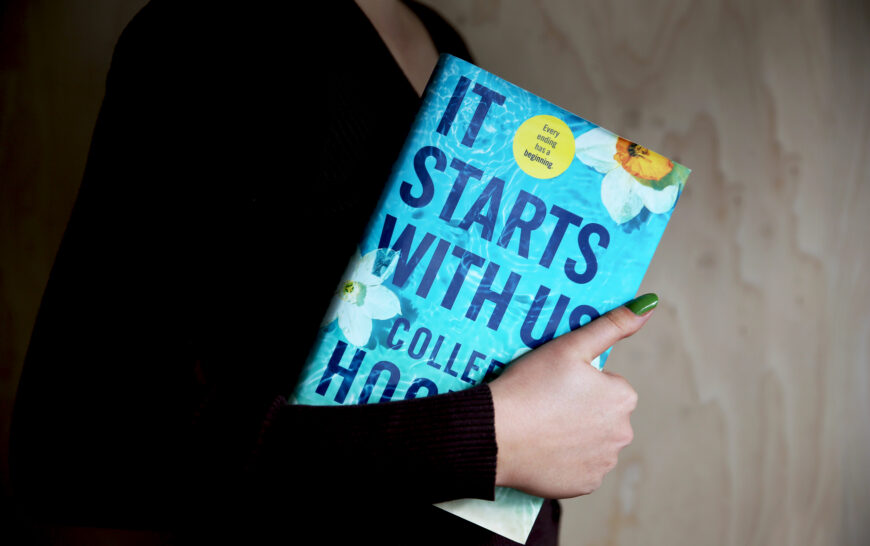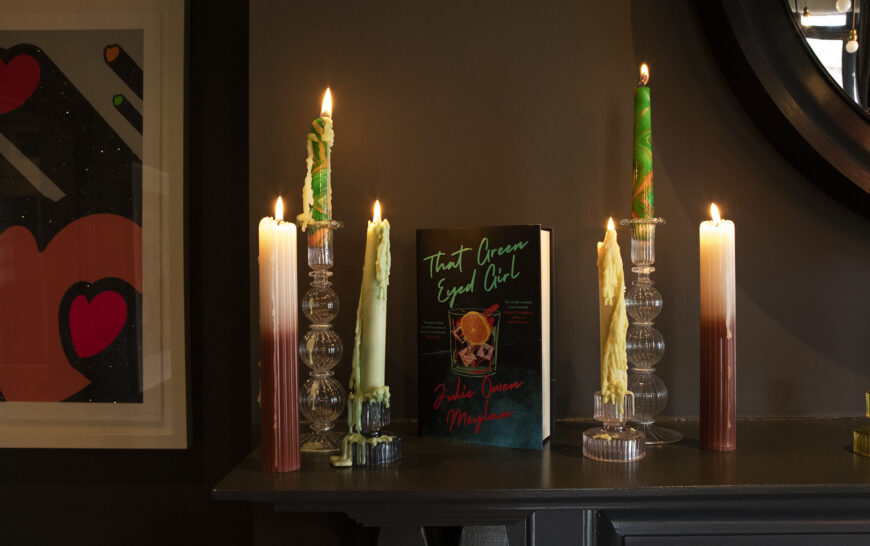
In interviews, I’ve come to dread two particular questions. The first is, what’s your favorite book? It’s not just that I don’t have a favorite book (I don’t). As soon as I’m asked, my mind goes blank, every single time. Suddenly, I’m not sure I’ve ever even read a book, despite the stacks of them on nearly every surface in my home. And maybe that’s the problem. I’m daunted by the sheer amount of books, incapable of narrowing the field to just one.
But the other dreaded question is different. There are no competing answers, no sense of innate betrayal to choosing one response over all others. The problem is, there is precisely one answer to this second question, and I have no idea how to make it interesting.
Describe a day in your life.
On Instagram, I follow writers with interesting lives, ones with rigid schedules, who make highly photogenic breakfasts every day, and mix up cocktails with special garnishes each night. Writers with clean, carefully curated homes (at least as far as the Internet is concerned), and thriving gardens—side hobbies they’re ready to go pro in: cooking, knitting, weaving, painting, rock climbing.
As I’m writing this, I’m sitting on my couch in the same sweatpants and oversized T-shirt I went to bed in. I’m wearing a hat made out of icepacks (a migraineur’s best friend, especially when on multiple deadlines), and on my coffee table, there’s still a dirty dish from last night’s dinner, next to an oversize bottle of ibuprofen and a half-full cup of the cold brew I buy practically in bulk so I can drink the exact same thing every morning, as soon as I get up, without making a single decision.
When I’m asked to describe a day in my life, it’s not that I feel any shame, I just think, this can’t possibly be interesting to anyone. I get up, I pour cold brew, and I write. I move around my house every couple hours, at random, and keep writing. I get up and pour more coffee sometimes. I look for something I can eat without any prep (yogurt, usually, which makes me feel about nine-hundred years old and ready to star in my own Activia commercial: did you know ninety-nine percent of women suffer from occasional irregularity?). I write, I write, I write, with a fair mix of Not Writing sprinkled in there somewhere. Every once in a while, I wash a dish, or vacuum up the dust bunnies that gather in the corners of my old house. I absolutely love my career, but so much of it plays out inside my head that a time-lapse video wouldn’t look much different than a photograph.
And the scene is not photogenic. It is not interesting. I’m often wearing zit patches but not in a cute, sponsored ad, full-face-of-makeup way so much as an I-constantly-pick-at-my-face-while-I’m-zoned-out way. And yet, despite the absolute, all-consuming banality of the writing life, I am absolutely addicted to writing about writers.
It started with one of my young adult books, A Million Junes, a quiet, fabulist novel about two teens grieving, and how story helped them make sense of the senselessness of pain and loss so intrinsic to the human experience. For me, writing has always been a way of exorcising demons and facing down fears, figuring out what I think about things that have been scratching at the back of my brain, and with these two characters, June and Saul, I found new pieces of myself. Or rather pieces that had always been there but I had yet to look full in the face.
Understanding. That’s what that book gave me. But it also left me exhausted, in the way that self-discovery often does—the way that, sometimes, after therapy, you get in your car and just sit, staring out the window for a moment before pulling away from the curb, feeling like your heart’s just run a mile after a very sedentary week.
It used me up, that book, and when I was done with it, I had no idea where to go next. My writer’s block was short-lived but intense, a complete kind of mental emptiness I’d never experienced before, and which I found surprisingly painful. I had only just discovered why I needed writing so much, and then it felt like Writing had abandoned me.
I had no ideas. I was a dried out sponge. Out of sheer desperation, I started to write a book about writer’s block. And for the second time, writing about writers unlocked something in me. It’s a very meta experience, sitting at your computer, writing about someone sitting at her computer, knocking her head against the table, waiting for words that won’t come. It almost felt like I was satirizing myself, and somehow that took all the pressure off. It didn’t hurt, either, that I had no intention of publishing that book. I just wrote, mostly about not being able to write, and again, I learned so much about myself.
Primarily, that what I’d always thought of as “writer’s block” was actually just fear. Of failure, of not being up to the task of telling a particular story or being terrified of how it would feel if I sat down to write and nothing happened. It was a self-fulfilling prophecy—a self rejection that guaranteed the very failure I was trying to avoid—and when I wrote Beach Read, it genuinely felt like I’d found this hackneyed workaround, a trick to slipping past an obstacle course of my own making. A couple years later, the book that I’d written only for myself was published and as it turned out, plenty of people wanted to read about a day in the life of a woman in her pajamas and zit patches, hunched over her computer for hours on end. So long as there were stakes, a reason it all mattered.
And the more I write, the more I understand why it does matter, for me. Not just the joy it brings me, but the self-reflection and understanding of the world, and the safe way it allows me to push back against my fears. Those magical moments in the writing process that make the days upon days of banging my head on the kitchen table more than worth it. But all of that is hard to get into in an interview. So from now on, when people ask me to describe a day in a writer’s life, I think I’ll just recommend a book called Beach Read.
Emily Henry’s newest perfect summer read, You and Me on Vacation, is out on the 22nd July






